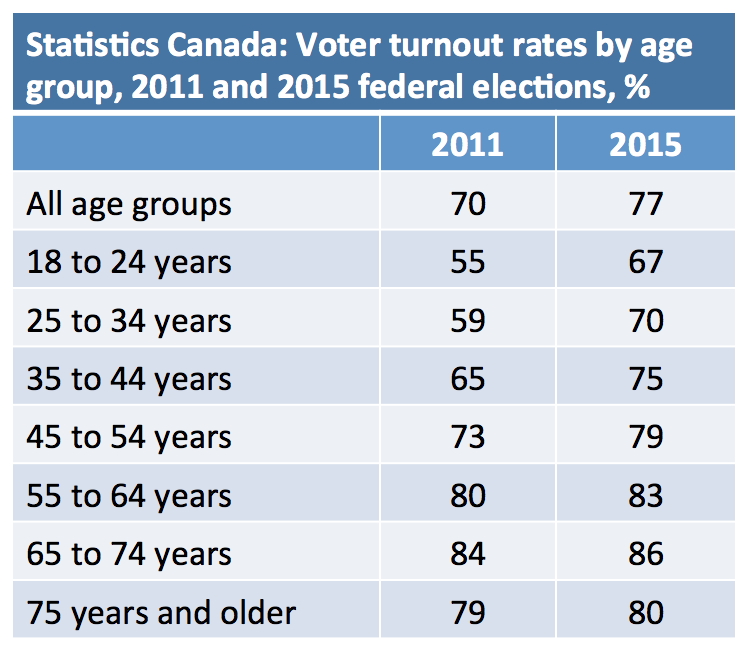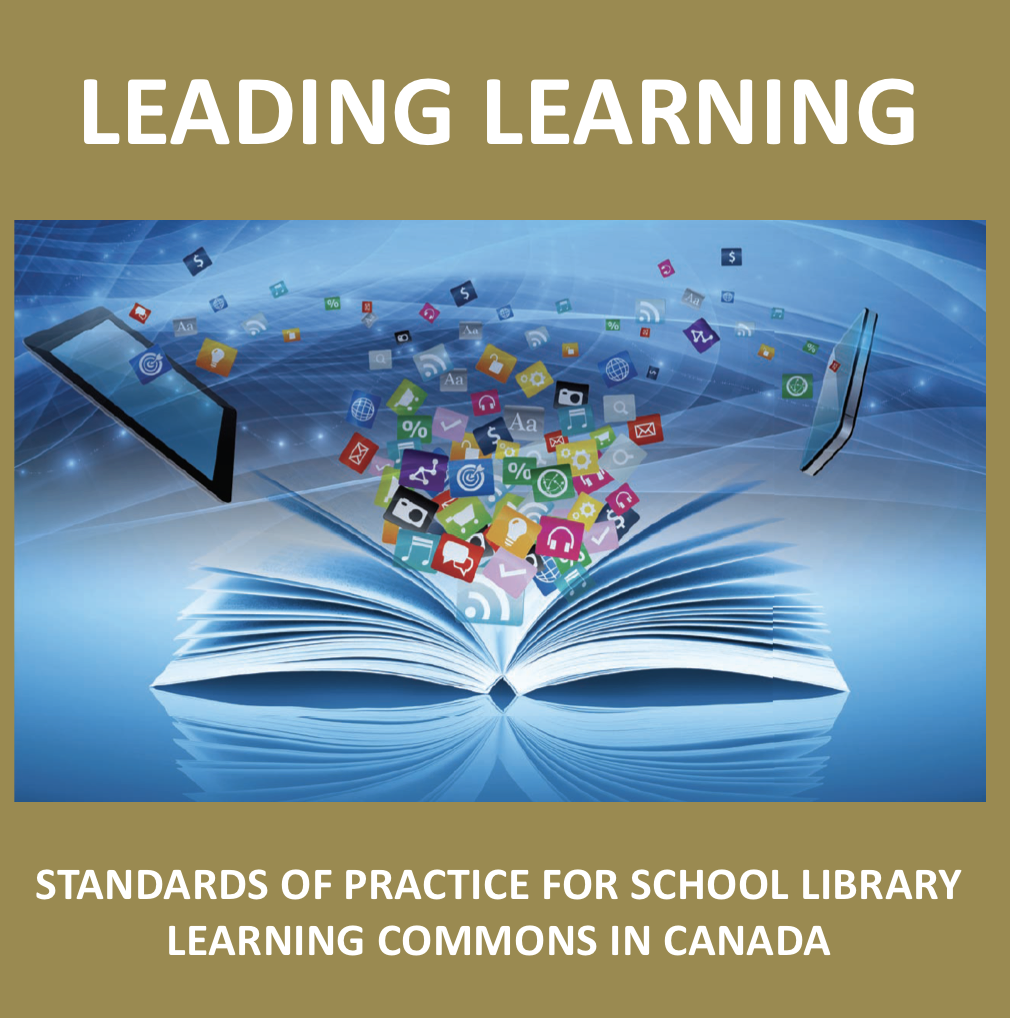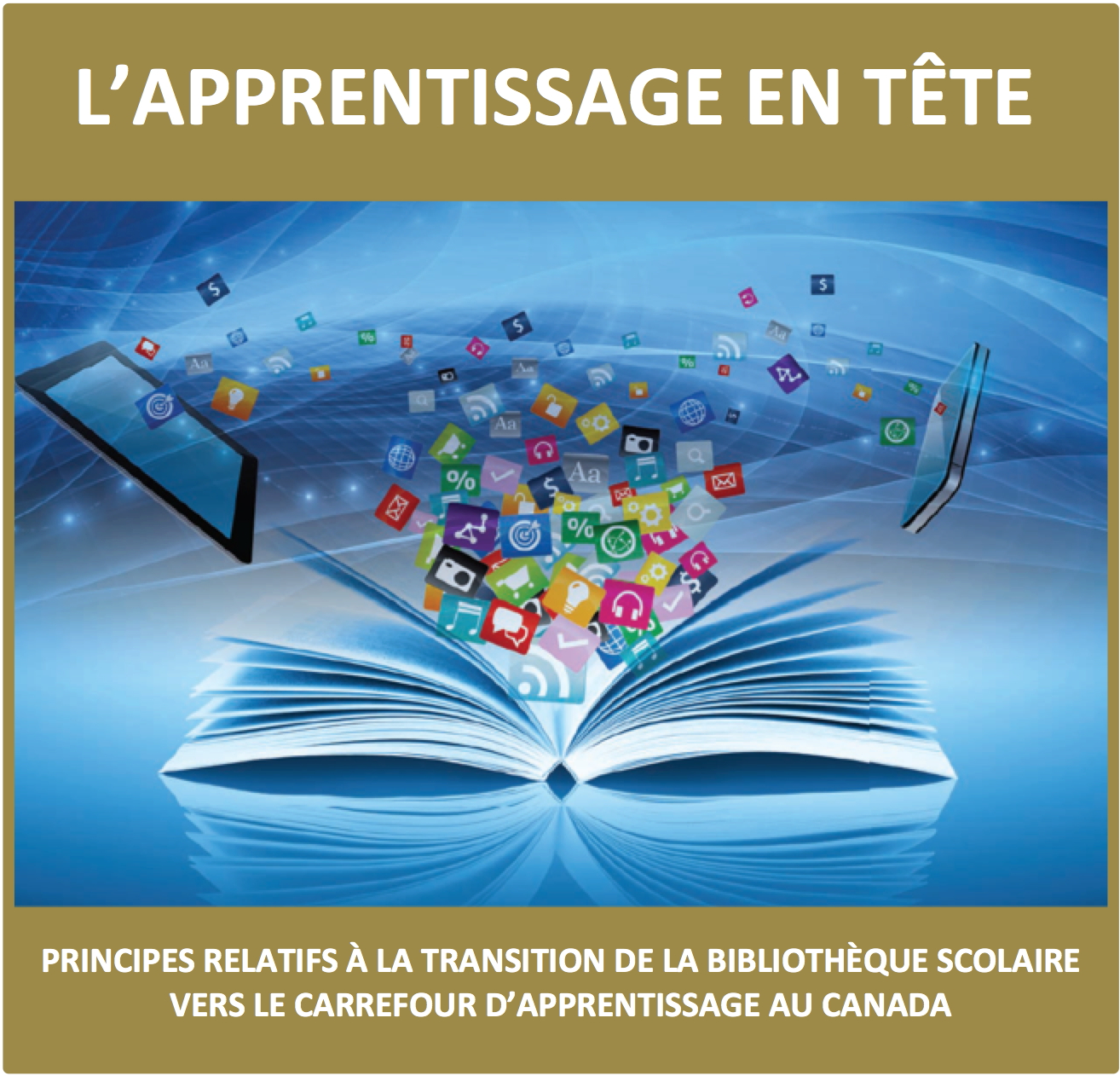In the lead-up to the fall federal election, I wrote an article for School Libraries in Canada titled, Election Central at Your School Library Learning Commons. (SLiC Vol.33 Issue 3, Fall 2015). Voter turn-out amongst youth had been on the decline. I argued that schools could help create a nation of voters by actively fostering engagement in public affairs – moving beyond instruction on the electoral process to deeper exploration of issues and ideas, within the authentic context of the federal election. Exploring politics need not be political, but it needs to be relevant.
Schools, however, have largely avoided this debate by depoliticizing the concept of citizenship. They have equated the good citizen with the good person, the man or woman who helps others, respects other people’s rights, obeys the law, is suitably patriotic, and the like. These are certainly valuable qualities. Society depends on them for its successful functioning. But citizenship demands more. It requires willingness and an ability to play an active and morally principled part in the public life of one’s society, at the very least by casting an informed vote in elections and, ideally, by being engaged with and in public affairs.
Ken Osborne (2010). Political Education and Citizenship: Teaching for Civic Engagement. Education Canada 45(1).
 Statistics Canada recently released voter turnout rates for the 2015 federal election. Overall participation was up significantly from the 2011 election. The greatest increase was in the 18 to 24 age group, up from 55% in 2011 to 67% in 2015. Voting amongst the 25 to 34 age group also increased significantly. Another promising increase was with immigrants with Canadian citizenship of ten years or less, whose participation rose from 56% to 70%.
Statistics Canada recently released voter turnout rates for the 2015 federal election. Overall participation was up significantly from the 2011 election. The greatest increase was in the 18 to 24 age group, up from 55% in 2011 to 67% in 2015. Voting amongst the 25 to 34 age group also increased significantly. Another promising increase was with immigrants with Canadian citizenship of ten years or less, whose participation rose from 56% to 70%.
What Made the Difference?
The Toronto Star called it a “perfect storm”, which included a tight three-party race, unprecedented efforts by Elections Canada to get out the youth vote including satellite offices on campuses and special polls, and the success of Justin Trudeau and the Liberal Party in tailoring their message for students. (Perfect political storm sent youth voters to the polls in 2015 election, say experts. Toronto Star, February 23, 2016)
The Myth of Youth Apathy
Samara Canada, a non-partisan charitable organization that works to improve political participation in Canada, wrote a report about the increase in the youth turn-out. Message Not Delivered: The Myth of Apathetic Youth and the Importance of Contact in Political Participation (September 2016) found that:
- Across 18 forms of participation, younger Canadians’ participation rate is 11 percentage points higher, on average, than their older counterparts.
- Almost half of people under 30 in Canada have not been contacted by federal political parties, candidates or MPs, compared to only one-quarter of Canadians 56 and older.
- Contact from political leaders is important: contact is linked to voting and an awareness than political decisions matter. Political parties are well positioned to increase voter turnout.
- Contact matters: among young Canadians who reported contact, 61% agreed that they are “affected by the decisions made by elected officials “every day. Of the young Canadians who reported no contact, 22% agreed.
Continued Opportunities in the Learning Commons
In my SLiC article, I surmised that educators striving to maintain a neutral and unbiased stance often means a greater focus on the mechanics of elections than on political content or controversy, and that is a missed opportunity for developing engaged and voting citizens. I went on to suggest several strategies for the teacher-librarians to work collaboratively with their teaching peers to give students authentic opportunities to engage in the election, beyond the process to the personalities and parties. This included meeting the candidates and the experts, a factor that Samara says makes a big difference.
I can’t help wonder if the very students who began to feel that their voices mattered and that the electoral process was relevant to their lives in our recent election, may quickly revert to apathy and cynicism as they witness the fiasco currently taking place in the presidential election south of the border! In all hope, their Canadian experiences will continue to be more positive and empowering. All the more reason for educators to support them as they develop as informed and engaged citizens.









